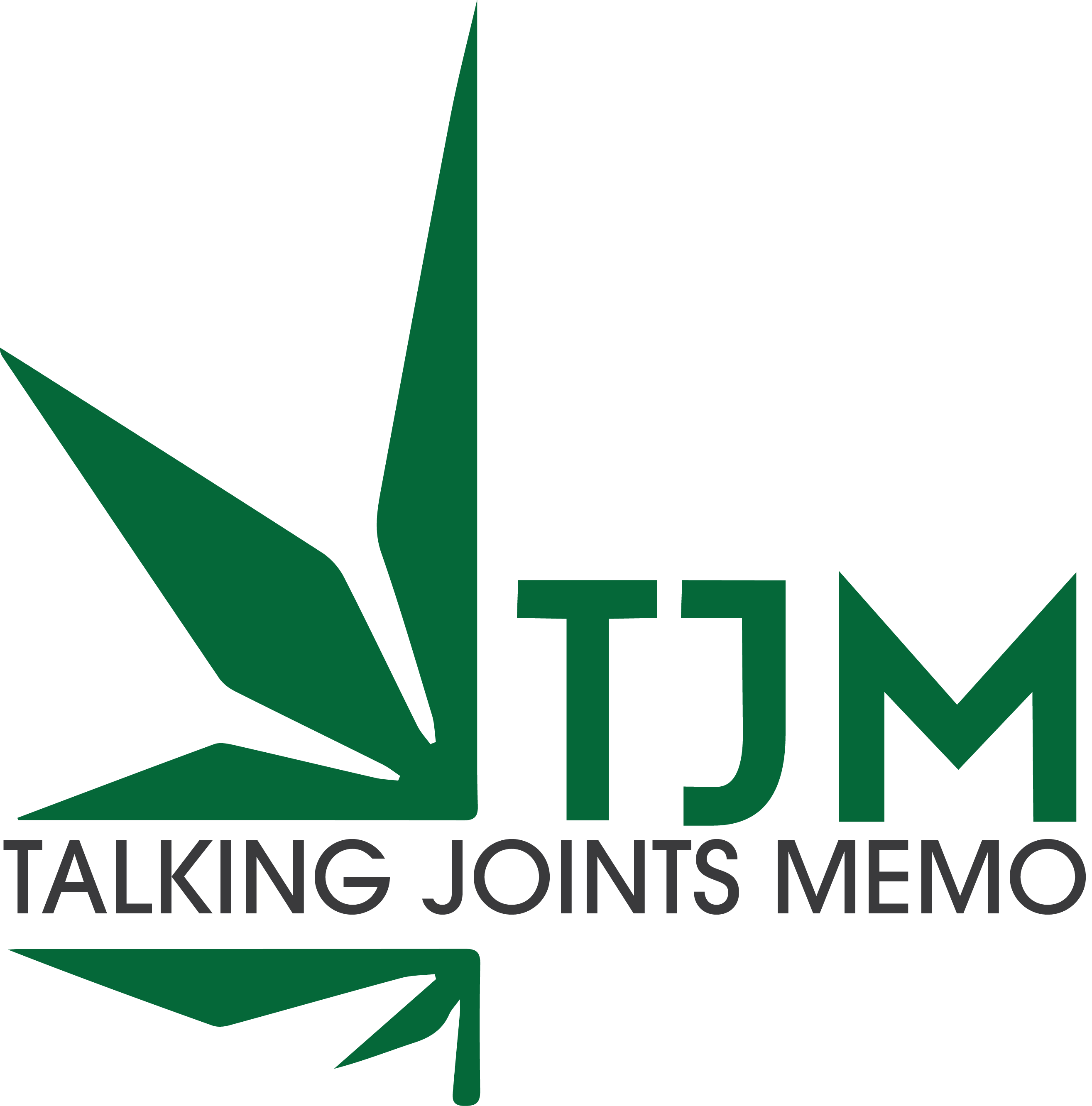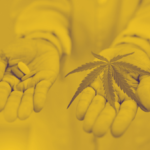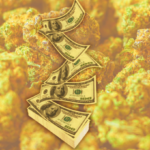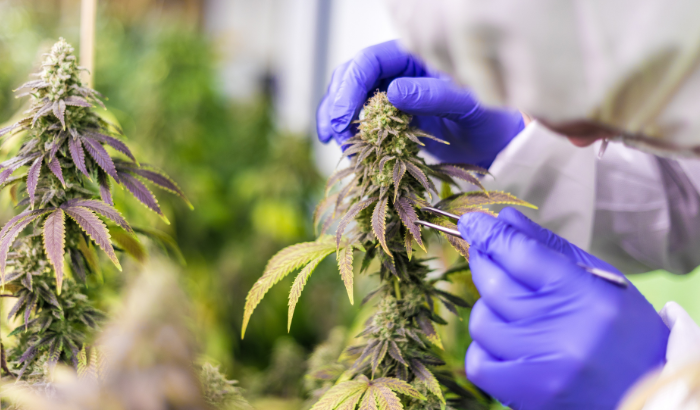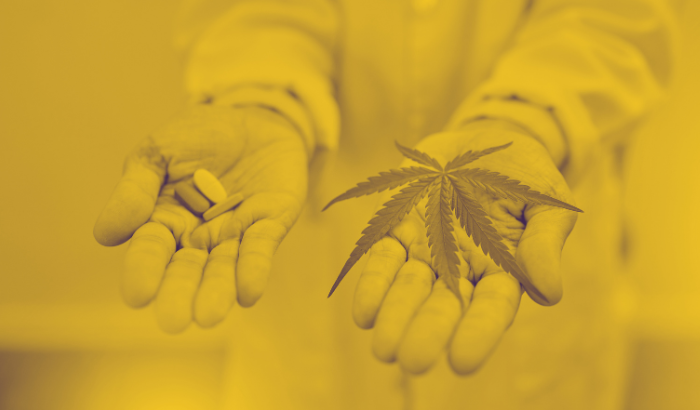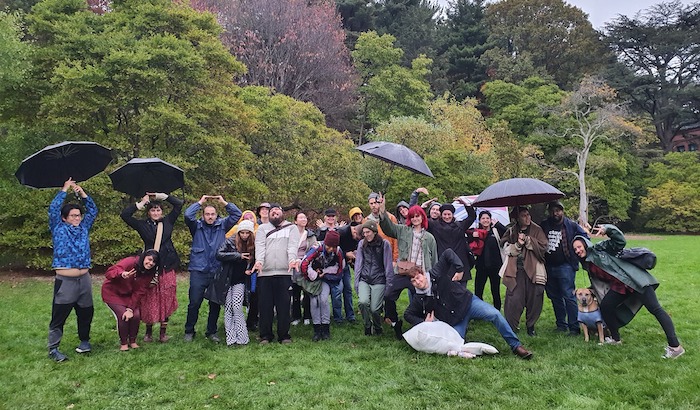
“Education and harm reduction are always a better strategy than criminalization.”
We have watched Bay Staters for Natural Medicine, which bills itself as a “grassroots community group providing facilitation, free trainings, and community advocacy to make psychedelics like psilocybin ‘magic’ mushrooms safely and affordably accessible for everyone who can benefit,” with more than just a little interest.
As we have reported, BSNM “has worked with the cities of Somerville, Cambridge, Northampton, and Easthampton, to pass psychedelic decriminalization measures.”
Now, the group has partnered with state Sen. Pat Jehlen and Rep. Lindsay Sabadosa on filing An Act Decriminalizing Entheogenic Plants and Fungi, aimed “to end arrests for psilocybin mushrooms, ayahuasca, mescaline, and ibogaine.” And they “see this legislation as a milestone for reform nationally.”
“Mushrooms are life changing. From depression to addiction to painful cluster headaches, they are a tool that people should use in a caring community,” James Davis, one of the lead organizers and founders of the group, said in a statement. “There’s no better way to promote intentional and mindful use than to decriminalize minor amounts for home growing and sharing without enabling commercial sale.”
More from BSNM below about their Beacon Hill initiative and the research they are bringing to the table:
A Boston Globe poll found in 2022 that nearly nine in ten Massachusetts residents support the policy. And by framing the measure as a way to alleviate the opioid crisis, advocates hope that lawmakers will see how the potential these plants hold for alleviating the mental health crisis across the state.
A recent study of 44,000 Americans in the U.S. Journal of Psychopharmacology has found that a single use of psilocybin mushrooms is associated with a 40% reduced risk of opioid use disorder—a finding backed by a 2021 study that suggested an even stronger effect of 55%. Moreover, treatments with the psychedelic plant ibogaine help people substantially reduce opioid withdrawal symptoms and achieve substantially lower use of opiates as well.
The mental health crisis is also front and center. A 2020 meta-analysis of randomized clinical trials dating back two decades found that entheogenic-assisted therapy is highly effective in treating PTSD, depression, anxiety linked to terminal illness, and anxiety linked to autism. A November 2020 study in the Journal of the American Medical Association found one in two patients put major depression in remission after only two psilocybin therapy sessions—four times more effective than conventional medication. Other studies show entheogenic plant treatments can substantially reduce distress, suicidal planning, and suicidal ideation. For patients with a terminal illness, double-blind trials show a single dose of psilocybin mushrooms work for eight in ten patients.
“Community works,” Colomba Klenner, the BSNM communications director, said in a statement. “Education and harm reduction are always a better strategy than criminalization.”




